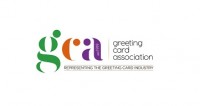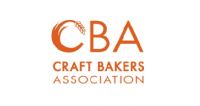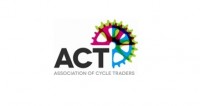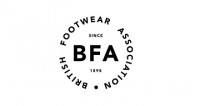£5.7 million spent with smaller & indie bike shops through Covid ‘Fix Your Bike’ lockdown vouchers
Posted on in Business News , Cycles News
A report in Cycling Industry News says that 60% of Fix Your Bike vouchers that were issued during the peak Covid lockdown period were redeemed at smaller bike shops and independent businesses, with 40% handled by major chain retailers.
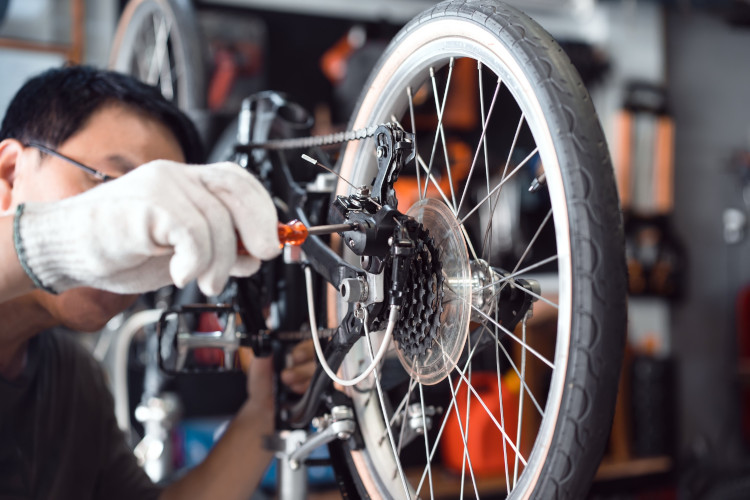
Running between July 2020 and March 2021, the Fix Your Bike scheme followed those created in other nations to help the nation through lockdown in terms of transport and exercise when most of the usual ways to do those became severely restricted to stop the spread of Covid-19.
The average cost of repairs/servicing involving a voucher was £75.88, so scheme participants paid an average of £25.88 on top of the value of a voucher for the work done.
The official report quoted in the piece says that 400,000 Fix Your Bike vouchers were issued Slightly under 189,000 vouchers were redeemed by participating businesses by the final deadline of 31 October 2021. The publication has calculated that this means £9.45 million vouchers were redeemed, with £5.67 million worth of Fix Your Bike vouchers redeemed by smaller independent bike shops and businesses.
The report argues that, bearing in mind the average extra £25.88 paid on top of the vouchers by consumers, the total amount of cash flowing into Britain’s independent bike shops during the period could have been closer to £10.5m. That number is clearly the top end of what was spent in independent bike shops, but it seems safe to assume that – even if some of the vouchers replaced consumer cash that would have been spent in bike shops anyway – the scheme worked well for the independent bike shop-dominated cycle industry.
The report drills down further and finds that the number of repairs and services undertaken is likely to have been somewhat greater than the number of vouchers redeemed – evidence from EST and interviews with retailers and voucher non-users suggests that some cycles were repaired without the repairer receiving payment for a voucher because some businesses were not eligible to reclaim the first batch of vouchers or did not have the correct information to process vouchers. And some businesses undertook work as a ‘loss leader’ even if vouchers were not valid.
While the report notes high levels of satisfaction with the scheme and the findings that it increased cycling (which has been sustained to some degree) and the reduction of car use, it also tackled the lessons to be learnt for any future potential similar schemes.
- Clearer terms and conditions, so businesses were fully aware of requirements before participating.
- Prior engagement with the cycle industry (including large retailers) would provide time for businesses to sign up to any scheme and to pre-order stock (though we all know how stretched supplies were at the time) and plan staff resource to cope with increased demand. The report added “It is beneficial for voucher users to be able to choose from a range of different types of cycle repairers (e.g. large retailers, smaller and specialist cycle shops and mobile cycle mechanics).”
- Higher value vouchers might have been suitable for ‘specialist cycles’ like eBikes.
- Vouchers could be made available to those buying cycle safety equipment or towards the cost of a replacement cycle.
- Targeted marketing could help boost participation in under-represented socio-demographic groups, such as those living in more deprived areas.
- The report found that the Fix Your Bike vouchers boosted and sustained boost cyclist numbers too.





